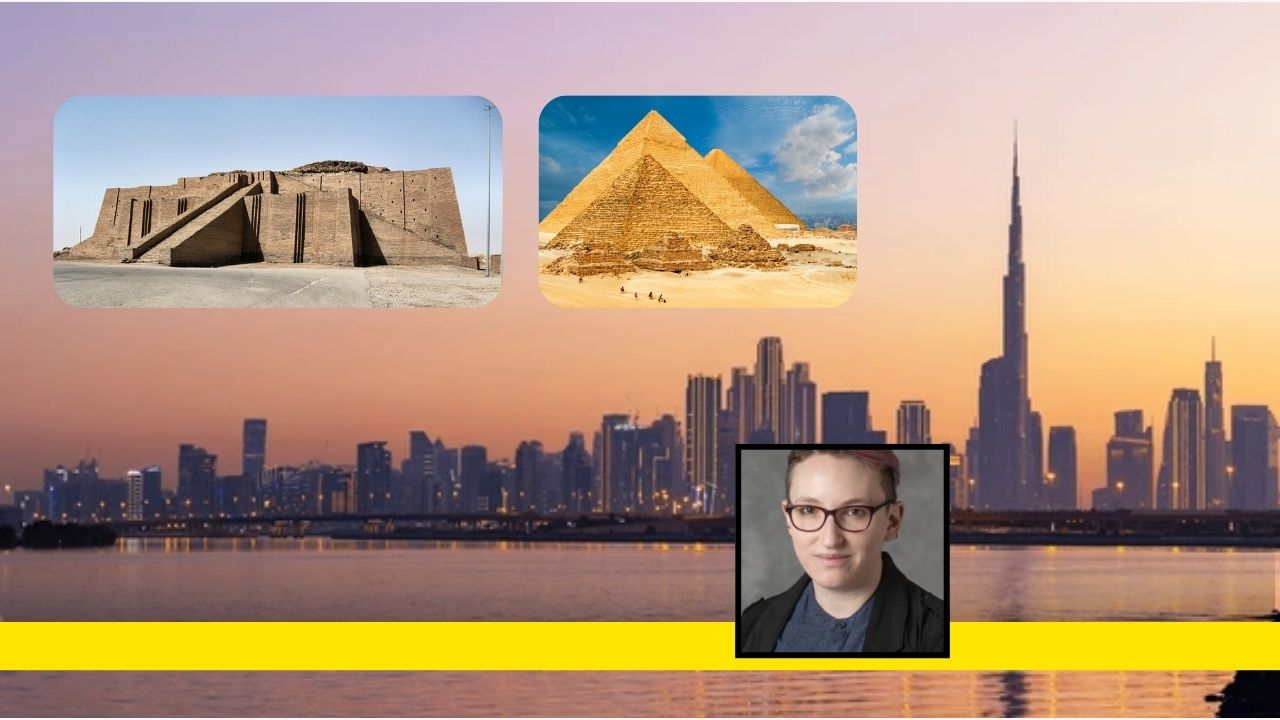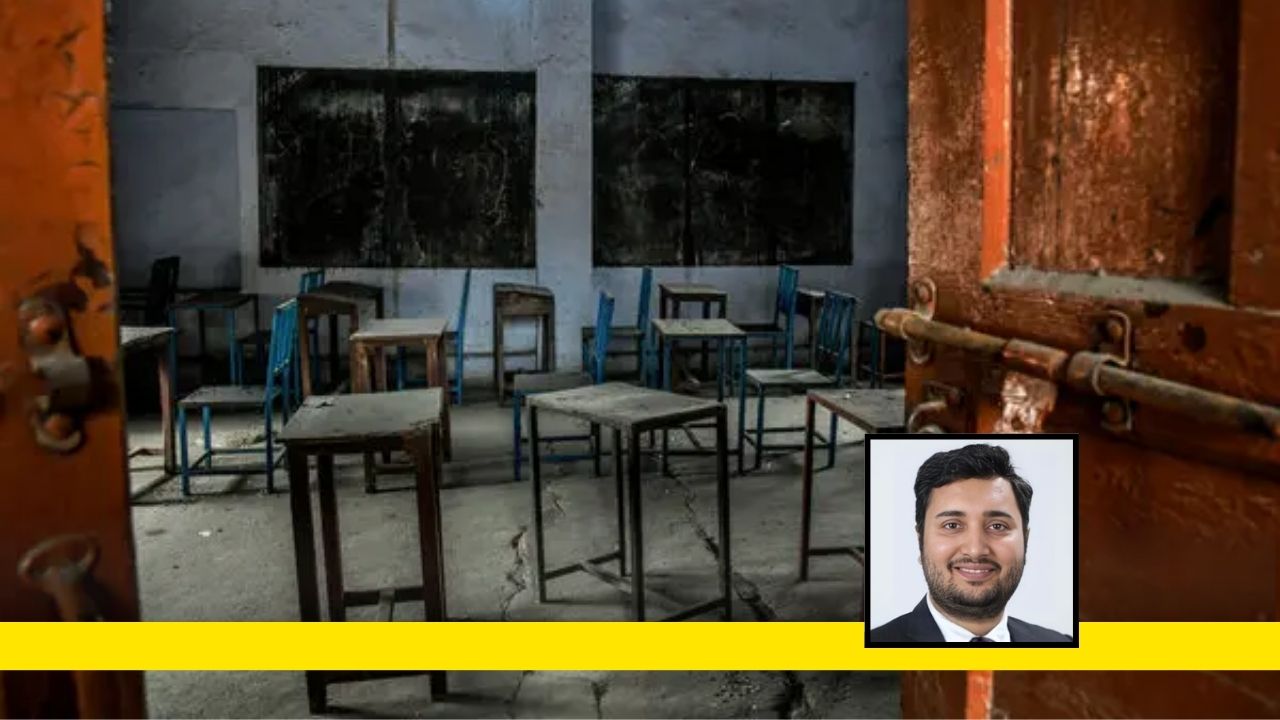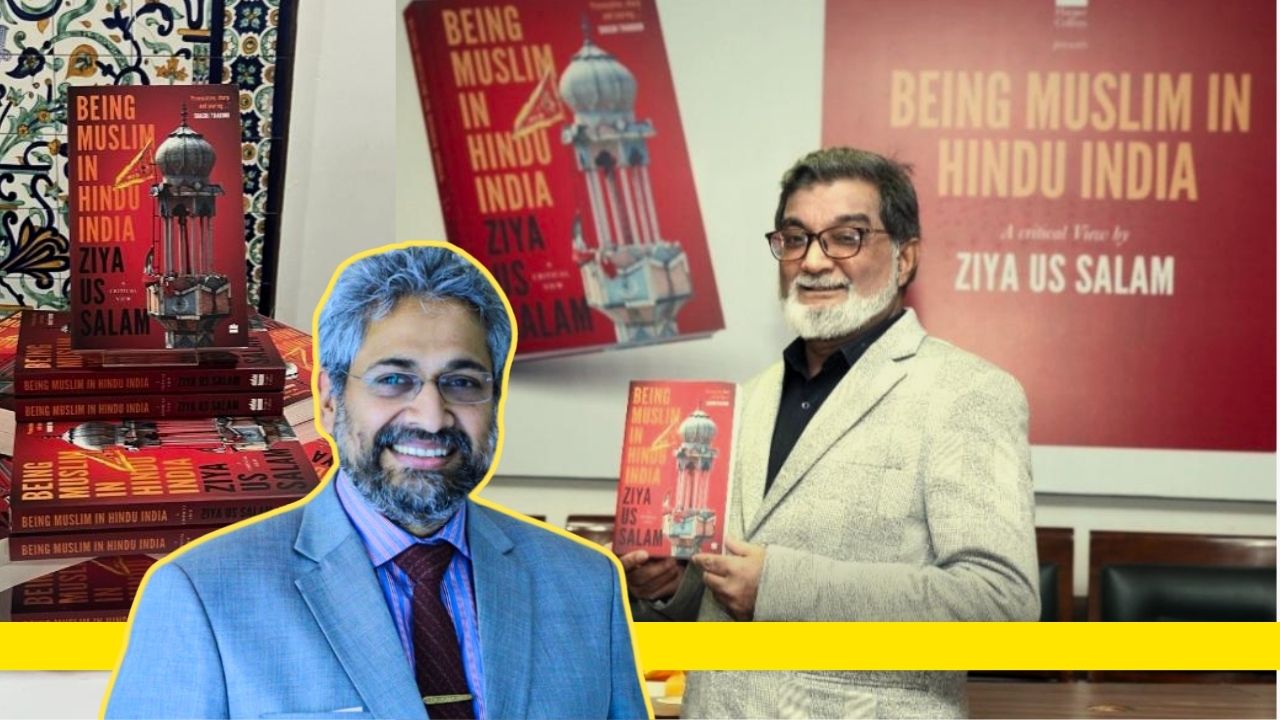
When education is turned into a business, the priority is to satisfy the customer. And the customer is always right. If the quality of education suffers as a result of increasing the students’ qualifications , so be it, writes Seshadri Kumar.
UGC has decided that students can get more than one degree at the same time when in college.
As a former Professor in a private engineering college, let me say that I heartily endorse this move.
Why, you ask?
See, what I saw when I was a professor was that students didn’t learn anything anyway in engineering colleges in Karnataka.
Students pay a lot to get a degree in private colleges. In the college I was teaching in, the fees are of the order of Rs. 2 lakh per semester. That’s Rs. 16 lakh for a four-year degree.
When students pay so much, they aren’t students any longer. They are customers.
And in business (dhanda), you must have honesty. Otherwise nobody will do business with you.
So if a customer has paid Rs. 16 lakhs for his or her degree, you must give them their degree. That’s basic business ethics.
Regardless of what their attendance in classes were, or their marks in internal assessments was, or whether they turned in their homework or not.
We were specifically instructed to give them full marks on their homeworks, regardless of the quality. And when I set an exam paper which was deemed to be difficult, I was summoned to the Chairman’s office for an explanation. The questions were not particularly difficult. They were based on a problem solving technique that I had painstakingly demonstrated in class. More than once.
The Chairman listened to me as I explained to him that without the knowledge of how to design things in the real world, all the theoretical knowledge they were gaining would be useless, but then told me, “Sir, but that is their problem, no? If they don’t want to learn it, leave it. It’s their loss. We can run a separate optional course for those people who want to learn the things that you want to teach them. Those who are interested can join it.” (For an extra fee, of course, though he didn’t say so explicitly.) The meeting ended with him cautioning me, in the future, to only stick to the established pattern of questions in the college.
As a teacher, I was contacted by VTU (Visweswaraya Technological University, the apex body for engineering education in the state of Karnataka) to set final exam question papers. My old habit of presenting some challenge in a question paper could not be bottled up, and I asked some questions that would require the students to think. (This is, unfortunately, the legacy of having studied for your undergraduate at IIT Bombay and having gotten your MS and PhD in the US – you actually believe exams should test understanding.) The submission was rejected. VTU asks several faculty to submit final exam papers and picks one of them. They pay everyone for the trouble.
Later, I understood why. The professors of all the 250 or so engineering colleges in Karnataka affiliated to VTU know the quality of their students. They know that if they ask any questions that require students to do more than memorization, everyone in every college will fail.
And, if that happens, how will you handle the hordes of angry parents who ask you how you can fail their ward after pocketing Rs. 2 lakhs per semester?
So internal exams must be made trivially easy. Final exams must be a cakewalk. Homeworks must be awarded almost full marks. I mean, you are allowed to go as low as 15 marks out of 20, but not lower. That would cause an uproar. I remember the first internal test I gave at this college. At that point, I was not fully aware of the unwritten “rules.” So the average mark in the class was 2/20, and the highest was 12. It indeed caused an uproar.
And the college makes a big deal of attendance. VTU says that any student with less than 75% attendance will not be allowed to write the final exam. So guess what the college does? It makes the professors teach extra classes so that the students who bunked classes all semester can sit in those and be marked present. Since you have already taught the full syllabus, you have to repeat parts of it. Nobody really cares about this charade. You are going through the motions, and the students are playing games and doing WhatsApp chats. Some are reading comics.
And so, what I say is:
If you are going to sell degrees, why stop with one? Why not a dual degree? Why not five? Give someone a B.E. in Mechanical Engineering, a B.A. in Entire Political Science, a B.Com. and an M.A. in Entire Economics, etc.
The structuring of such packages will involve a lot of creativity. Each student can receive a unique cutomized bouquet of degrees, depending on their preference, for the right fees.
We should be grateful to Modiji for improving the overall qualification of Indians. This is clearly a masterstroke.











